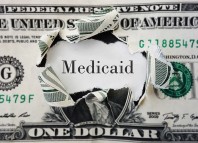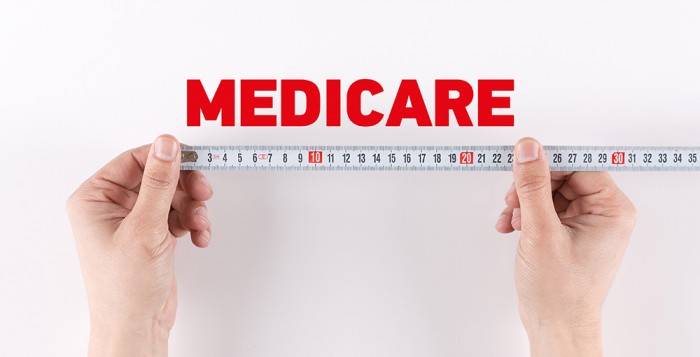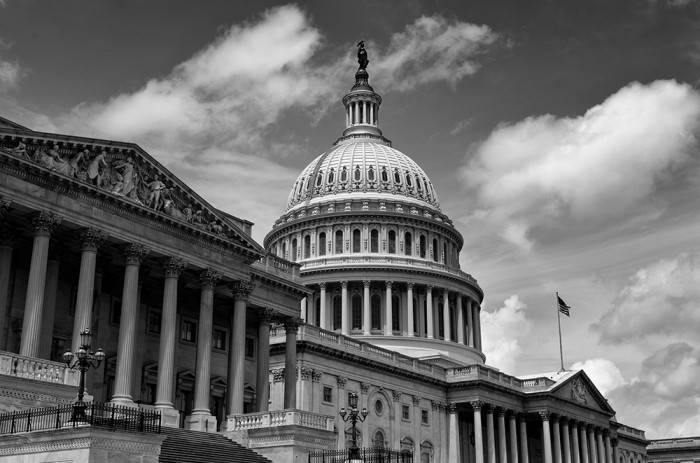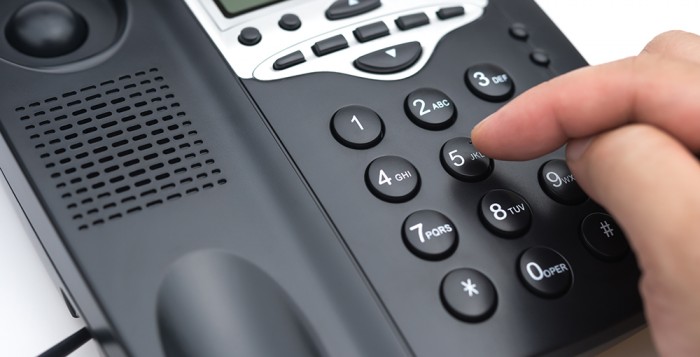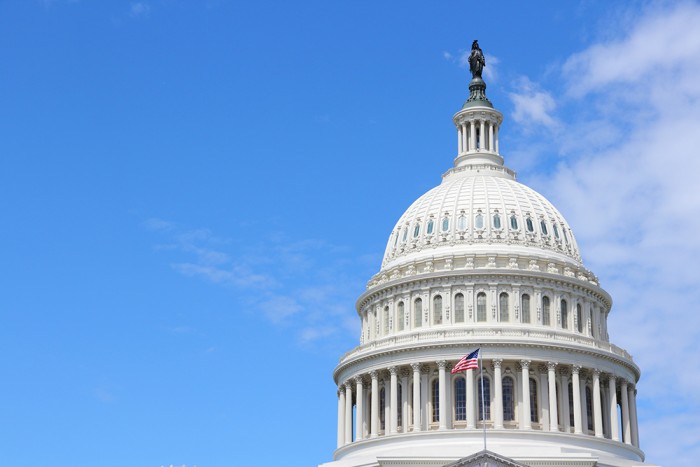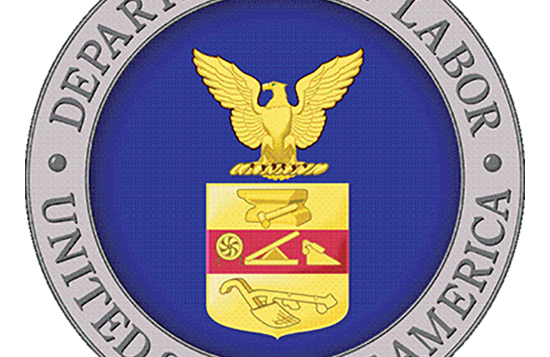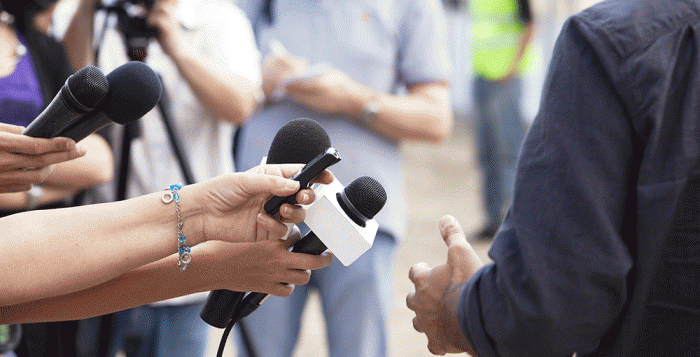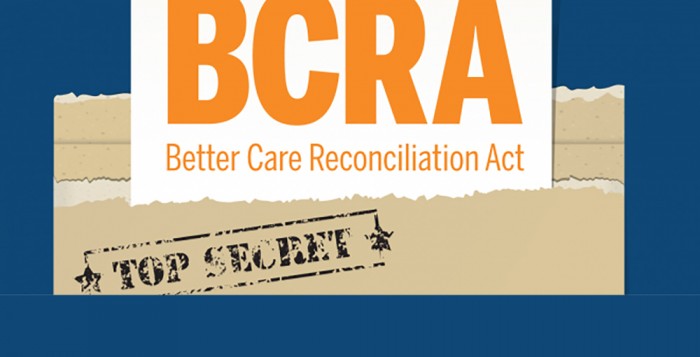RCPA received the following email from the Senate Aging Committee in Washington, DC. Please contact both Senators Casey and Toomey and your Congressman.
“Welcome back to health care by way of a tax bill.
This afternoon both the Senate and the House added to their tax bills a provision to repeal a key component of the Patient Protection and Affordable Care Act, the individual mandate to obtain health insurance. Repealing this provision would have significant negative effects for people with disabilities, families of children with disabilities, and those who are aging.
- Repealing the individual mandate will mean 13.8 million people will lose health care coverage (according to an analysis by the Congressional Budget Office); hundreds of thousands of those individuals have disabilities).
- The repeal of the individual mandate will increase health insurance premiums for those purchasing coverage on the exchange by at least 10% per year for the unforeseeable future (also according to an analysis by the Congressional Budget Office); these premium increases will occur in addition to the increases that are occurring because the executive branch has decided to stop supporting cost sharing reduction (CSR) payments that have driven premiums up by an average of over 20% this year.
- The repeal of the individual mandate will save approximately $330 billion over ten years that will go toward paying for a cut in corporate taxes and a cut to the tax rate for the most wealthy Americans (according to the CBO).
This new, last minute, major addition to the tax bills will have enormous impact on those with disabilities. In combination with the budget that passed three weeks ago and outlines over $1 trillion in cuts to Medicaid and over $400 billion in cuts to Medicare, the proposed tax cuts and repeal of key provisions of the ACA will increase demand for Medicaid, decrease the funds available for home and community-based services and supports, and reduce the amount of revenue available to states to pay and support Medicaid.
While the tax bill does not directly cut Medicaid, the actions it takes will have the same or even worse effect on Medicaid and other services and supports for people with disabilities. If the House tax bill were to pass:
- Deductions for medical expenses could not be used to decrease your taxes;
- It would eliminate a $2,400 tax credit businesses could get when hiring someone with a disability;
- It would eliminate a $5,000 tax credit for businesses that make their businesses accessible to people with disabilities;
- It would eliminate the incentive to contribute to nonprofit agencies that often provide support for people with disabilities and their families; and
- It would remove a tax credit for companies to develop and manufacture orphan drugs.
The assault on people with disabilities and their families is continuing, this time through a tax bill instead of through a health bill. And this is happening quickly with very little coverage. The Senate Finance Committee will likely vote on this bill Thursday or Friday of THIS week.
You can help by:
- Contacting your Senators and Representatives and telling them the tax bills being considered are an attack on people with disabilities; and
- Share this information with friends and family.
Thank you for your continued advocacy. Thank you for working to ensure dignity, independence, and economic sufficiency for people with disabilities.”
Questions, contact Jack Phillips, RCPA Director, Government Affairs.




